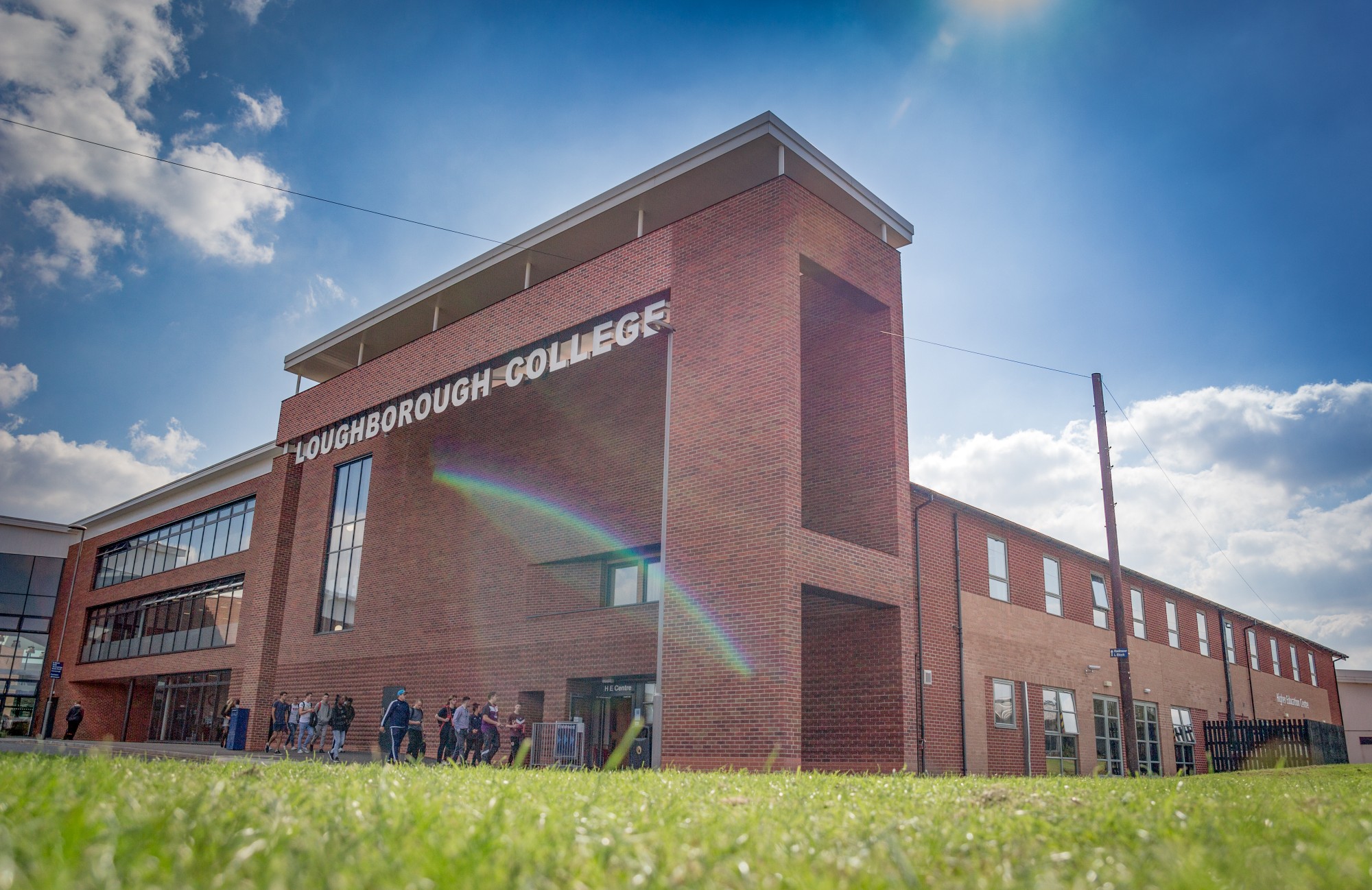Students are required to work in one or more area(s) of Photography, such as
those listed below. They may explore overlapping areas and combinations of
areas:
- Portraiture
- Landscape photography (working from the urban, rural and/or coastal
environment)
- Still life photography (working from objects or from the natural
world)
- Documentary photography, photojournalism
- Fashion photography
- Experimental imagery
- Multimedia
- Photographic installation
Students must show knowledge and understanding of:
- Relevant materials, processes, technologies and resources;
- how ideas, feelings and meanings can be conveyed and interpreted in images
and artefacts created in their chosen area(s) of Photography;
- historical and contemporary developments and different styles and genres;
- how images and artefacts relate to social, environmental, cultural and/or
ethical contexts, and to the time and place in which they were created;
- continuity and change in different styles, genres and traditions relevant
to Photography;
- a working vocabulary and specialist terminology that is relevant to their
chosen area(s) of Photography.
Time management skills are essential as is an ability to work independently
and having a mature attitude to your studies. Photography students will be
introduced to a variety of experiences that explore a range of photographic
media, techniques and processes.



